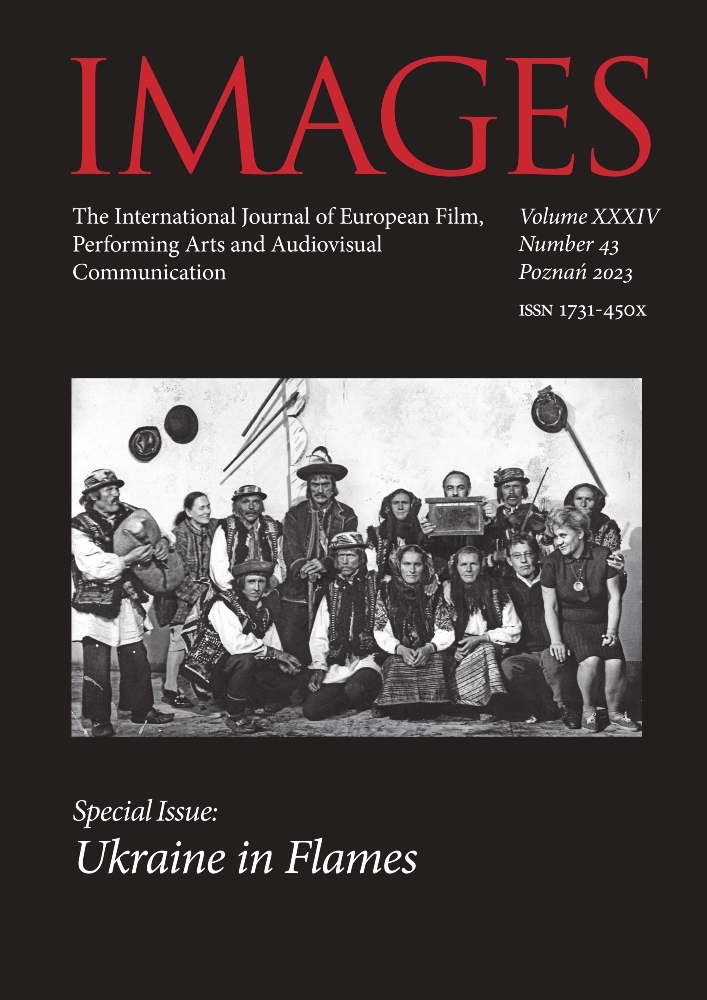Abstrakt
The author analyzes the images of disability in science fiction literary and film. She begins by identifying areas common to science fiction–disability studies–posthumanism. She goes on to argue that in science fiction we can find stereotypical images of people with disabilities, which are based on a culturally established dichotomy: healthy, functional (as normal) versus disabled (as abnormal), and such performances that escape this dichotomy and normalization. The author distinguishes several approaches to presenting disability in science fiction: hypervisibility combined with the unusual prosthetic abilities of the bodies, the healing of disabilities, elimination, and biodiversity. Particular attention is paid to the latter approach (biodiversity/biocooperation), exemplified by the film Avatar.
Bibliografia
Braidotti R., Po człowieku, przeł. A. Bednarek, A. Kowalczyk, Warszawa 2014
Disability in Science Fiction. Representations of Technology as Cure, red. K. Allan, New York 2013
Garland-Thomson R., Niezwykłe ciała. Przedstawienia niepełnosprawności fizycznej w amerykańskiej kulturze i literaturze, przeł. N. Pamuła, Warszawa 2020
Haraway D.J., Staying with the Trouble. Making Kin in the Chthulucene, Durham – London 2016 DOI: https://doi.org/10.2307/j.ctv11cw25q
Monstrosity, Disability, and the Posthuman in the Medieval and Early Modern World, red. R.H. Godden, A.S. Mittman, Cham 2019
Nayar P.K., Posthumanism, Cambridge 2017 Wieczorkiewicz A., Monstruarium, wyd. 2, Gdańsk 2019
Zdrodowska M., Telefon, kino i cyborgi. Wzajemne relacje niesłyszenia i techniki, Kraków 2021 DOI: https://doi.org/10.4467/K7209.10/21.21.15544
Avatar, reż. James Cameron, USA/Wielka Brytania 2009
Examined Life, reż. Astra Taylor, Kanada 2008
Gattaca, reż. Andrew Niccol, USA 1997
Gunnm, Japonia 1993; Alita: Battle Angel, reż. Robert Rodriquez, Argentyna/Kanada/USA 2019
Mad Max: Fury Road, reż. George Miller, Australia/USA 2015
Mazinger Z, studio Toei Animation 1972–1974
1000 lat po Ziemi, reż. M. Night Shyamalan, USA 2013
Licencja
Prawa autorskie (c) 2023 Grażyna Gajewska

Utwór dostępny jest na licencji Creative Commons Uznanie autorstwa 4.0 Międzynarodowe.

